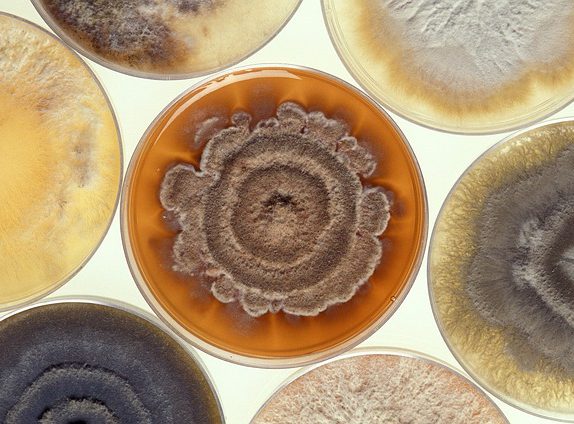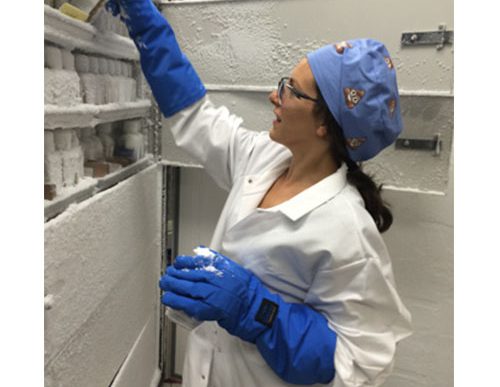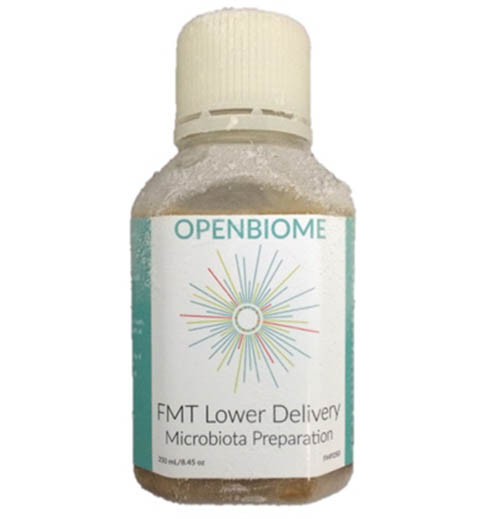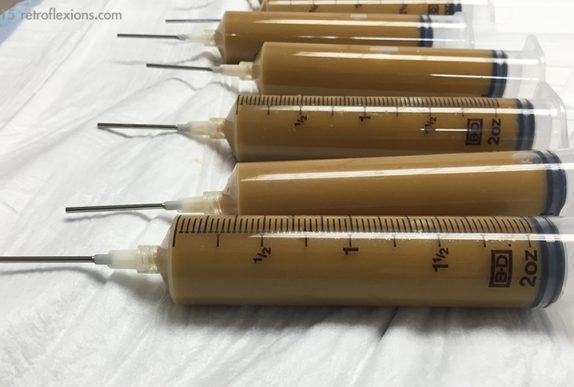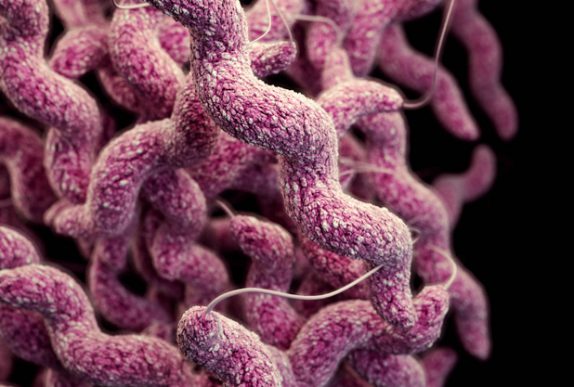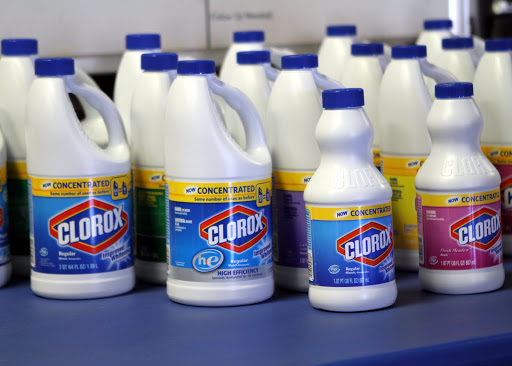The phrases "mind-blowing" and "fecal transplant study" are not often used in the same sentence (or even in the same publication), however when I read the following study about fecal transplants, my mind was in fact blown!
No self-respecting gastroenterologist would use premade stool, just like no self-respecting Italian would use jarred sauce, right?
It was only a matter of time that a fecal transplant product was created. Now instead of having to test an individual donor and mix the stool to prepare the specimen for delivery through the scope, one can simply call the hospital pharmacy several hours before the fecal transplant is scheduled and order a 250 mL bottle of frozen donor stool from OpenBiome.
This will just be a cookbook-style post on how we do fecal microbiota transplant with colonoscopy. First, a healthy donor must be identified. The donor should be in good general health, since theoretically some problems such as obesity, diabetes, autoimmune disease, etc., may be transmitted by fecal transplant.
Some people seem to get "stomach bugs" all the time, while other people rarely have these issues. Vomiting, abdominal pain, fever, and diarrhea are the common symptoms of a variety of enteric infections that often start after the soon-to-be victim ingests the infectious organism. These bacteria have wonderful names like Salmonella, Shigella, Campylobacter, E. coli, Vibrio, and C. difficile, just to name a few. The symptoms of gastroenteritis and infectious colitis can range from a minor annoyance to life-threatening dehydration due to ongoing vomiting and diarrhea.
We have established that the microbiome is important. But what makes up a healthy microbiome? In one word...
Clostridium difficile (C. difficile) has become the most commonly hospital acquired infection in the US, and also occasionally causes infection in people in the community without any traditional risk factors. C. difficile infects the colon and causes inflammation called colitis. The symptoms are usually diarrhea, abdominal pain, fever, and sometimes nausea and vomiting. C. difficile is treated with specific … Read more
